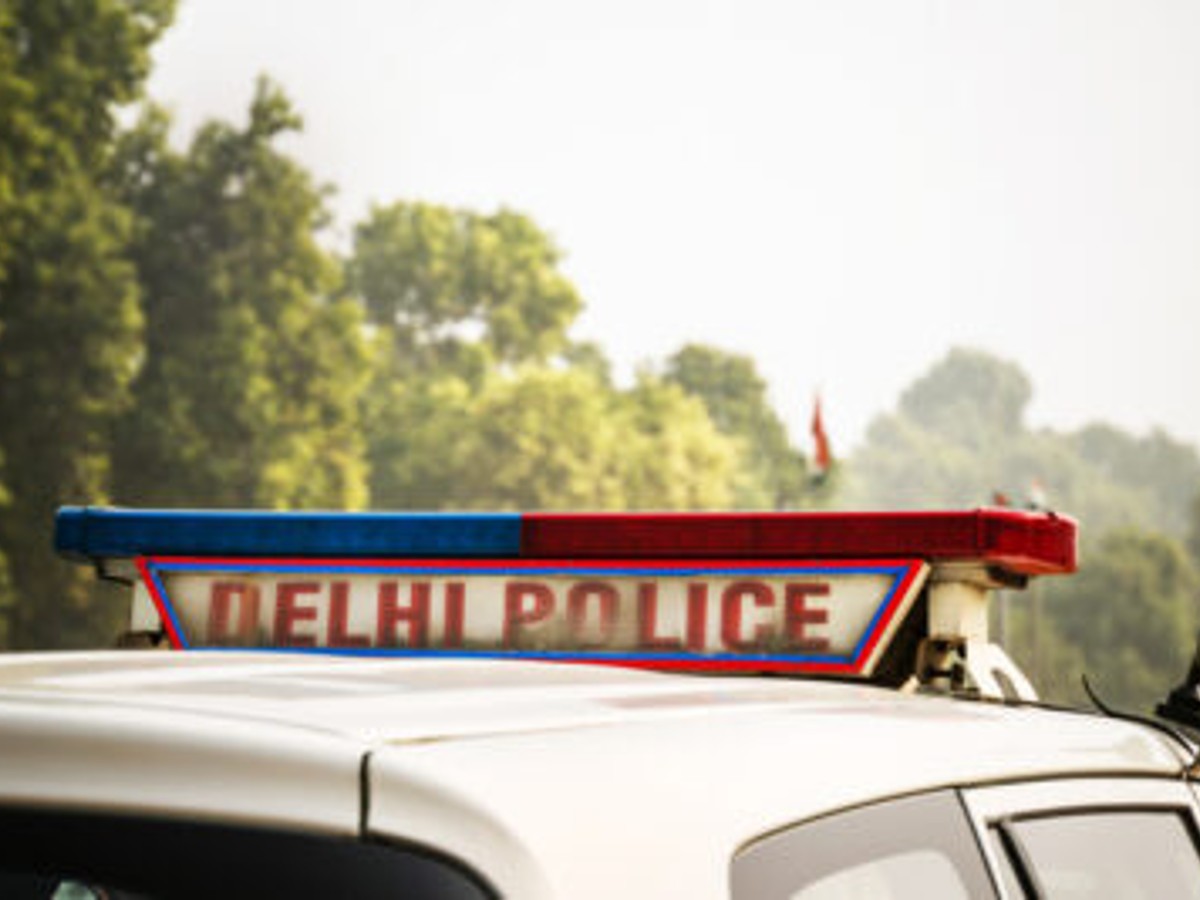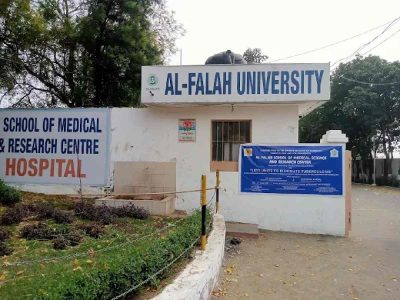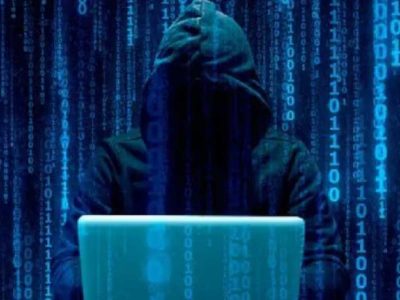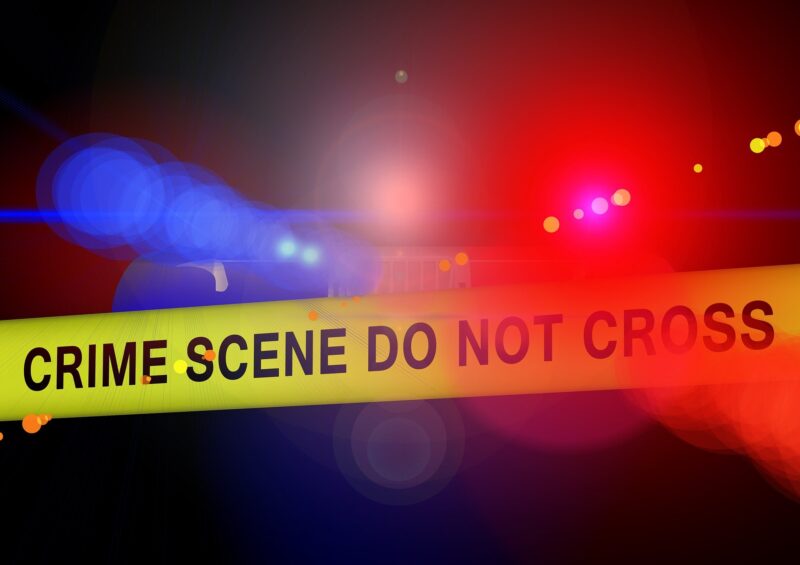Delhi Police have recovered a human jaw during searches for the remains of Shraddha Walkar and approached a dentist here in a bid to ascertain whether it is of the 27-year-old murder victim.
The dentist, who did not wish to be named, said he wanted more information to arrive at a conclusion.
“The police came today. They had a picture of the jaw which they recovered during investigation. I asked them to get an X-ray from the Mumbai-based doctor who treated the woman, for a root canal treatment or so. Without X-ray, it is very difficult to identify,” he said.
Walkar moved from Mumbai to Delhi with Poonawala (28) earlier this year and they were staying at a flat in South Delhi’s Mehrauli.
At the flat, Poonawala allegedly strangled Walkar and sawed her body into 35 pieces which he kept in a 300-litre fridge for almost three weeks before dumping them across the city over several days.
Police had on Sunday found parts of a skull and some bones in a nearby forest area. As part of their search operation to recover more remains, a pond in South Delhi’s Maidangarhi is also being drained.
Meanwhile, the narco analysis test on Poonawala who has been accused of killing his live-in-partner will not be conducted on Monday, the Forensic Science Laboratory (FSL) said.
A polygraphic test is to be conducted on Aaftab before the narco test for which his consent is needed, and the police have been informed about that, it said.
“We are not conducting the narco test on Aaftab today,” said FSL Assistant Director Sanjeev Gupta.
Punit Puri, also an assistant director at the FSL, said the polygraphic test will conducted if the consent is received. “It will be followed by medical tests and after these only the narco will be performed.”
“Within 10 days, narco will be done,” he added.
Assistant Director Sanjeev Gupta further said they have received request for the narco test “and we have started our work as well. Our director Deepa Varma has instructed to take this case on priority.”
“There was a meeting on Sunday between the FSL and the police team and everything has been decided but some parameters need to be completed before the narco test and they have been informed to the police. As soon they complete them we can do narco,” he said.
Explaining the narco test, Rajneesh Gupta, the FSL crime scene in-charge, said it is a lengthy process with various disciplines such as medical practitioners involved as this is done in the operation theatre.
“Experts from FSL, photo division, narco specialists are there so all teams work together and their consent is also needed to work in coordination. Our officers are already having meeting with all departments to take their consents and when we get it we will have a date with us which we will inform you,” he told PTI.
A senior FSL official said earlier in the day an elaborate discussion was held on Sunday with the Delhi Police team probing the Shraddha Walker murder case.
As Aaftab Poonawala’s five-day police custody ends on Tuesday, the Delhi Police is running against time to get the test conducted.
The narco analysis test will be conducted at Dr Baba Saheb Ambedkar Hospital here in Rohini here.
In an order dated November 17, a Delhi court had directed the city police to complete the narco analysis test within five days, while making it clear that it cannot use any third degree measure on him.
Narco analysis, also known as truth serum, involves intravenous administration of a drug (such as sodium pentothal, scopolamine and sodium amytal) that causes the person undergoing it to enter into various stages of anaesthesia.
In the hypnotic stage, the person becomes less inhibited and is more likely to divulge information, which would usually not be revealed in the conscious state.
Investigating agencies use this test after other evidences do not provide a clear picture of the case.
The Delhi Police had earlier said it sought Aaftab Poonawala’s narco analysis test as his responses during interrogation were “deceptive” in nature.
The Supreme Court has ruled that narco analysis, brain mapping and polygraph tests cannot be conducted on any person without his or her consent.
Also, statements made during this test are not admissible as primary evidence in the court, except under certain circumstances when the bench thinks that the facts and nature of the case permit it.
Follow us on:
Instagram: instagram.com/thepatriot_in/
Twitter: twitter.com/Patriot_Delhi
Facebook: facebook.com/Thepatriotnewsindia





